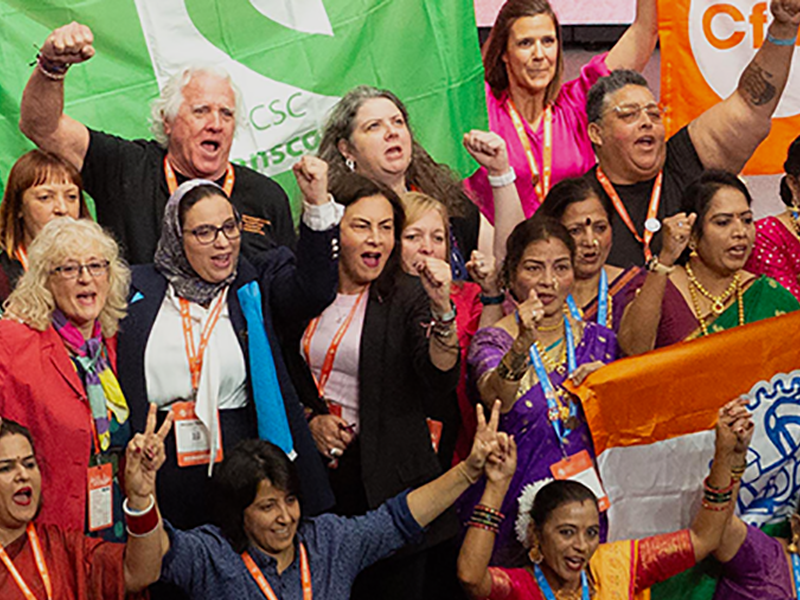The Nepal Oil Corporation has acceded to union pressure and started vaccinating road tanker drivers against Covid-19.
All countries need to treat people in transport as key workers and prioritise them for vaccination, ITF has been arguing since April. This is a humanitarian and economic imperative.
Petroleum tankers are crucial to land-locked Nepal’s economy and drivers have stayed at work despite two lockdowns in the country. When the most recent lockdown began on April 29 this year, the drivers’ union NETWON demanded vaccinations for tanker drivers and associated workers as a priority.
Although the union raised the matter of vaccines with the Nepal Oil Corporation in the first week of May, the company ignored our representations,” said Ajay Kumar Rai of NETWON. “The union published a press statement and stopped all the imports and distribution from the two major depots at Amlekhgunj and Thankot, Kathmandu. After many meetings, the corporation had done nothing better than make vague statements.”
Inaction by the company meant the union was forced to organise strikes on June 13 and 14. At this stage, the government threatened to send in troops but the union stood firm. The company finally saw that it had no good arguments for its neglect and started vaccinations on June 15.
“Nepalese drivers are getting the medical treatment and protection that they need and deserve,” said Noel Coard, ITF Inland Transport Section Secretary. “These people are putting their lives on the line every day to ensure others get vital fuel. But it is sad that it took the company more than six weeks to respond to union demands. In that period, people have died unnecessarily.”
Avoidable death
One tragedy was the loss of a 42-year-old union member who died of Covid while the company was procrastinating about vaccines.
“NETWON negotiated compensation for his family,” said Kumar Rai, “but his loss will be keenly felt, particularly as his death could have potentially been avoided if he had been vaccinated.”
Coard added: “It’s crazy that governments and corporations fight requests for vaccine priority for transport workers. These people are pivotal to the world’s economic recovery. It is in everyone’s interests that they are vaccinated urgently.”
The ITF stands full square behind workers in Nepal and all around the world in their demands for a better planned vaccine response from governments and corporations. These are critical times both for individual workers and for the world's economic fight-back against Covid-19.
Waive patents, make vaccines
One bottleneck in fighting the pandemic is the availability of vaccines. A solution would be to temporarily waive patent rights on protections and treatments, including vaccines, allowing them to be manufactured in greater quantities and knowledge shared.
The so-called TRIPS waiver was proposed at the World Trade Organization in October 2020 by India and South Africa but it has been consistently blocked by a small number of countries (who are presumably putting their own economic interests ahead of the global fight against this deadly disease).
The ITF calls on nations to urgently agree the TRIPS waiver, and for those countries blocking it to put the welfare of the human race before their narrow commercial interests.
"The story in Nepal shows that we can keep economies moving,” said Coard. “But we need everyone to pull together. We need to increase vaccine production and we need to make sure those vaccines get to transport workers as a priority.”
END
About the ITF: The International Transport Workers’ Federation (ITF) is a democratic, affiliate-led federation recognised as the world’s leading transport authority. We fight passionately to improve working lives; connecting trade unions from 147 countries to secure rights, equality and justice for their members. We are the voice for nearly 20 million working women and men in the transport industry across the world.
Media contact: media@itf.org.uk +44 20 7940 9282




